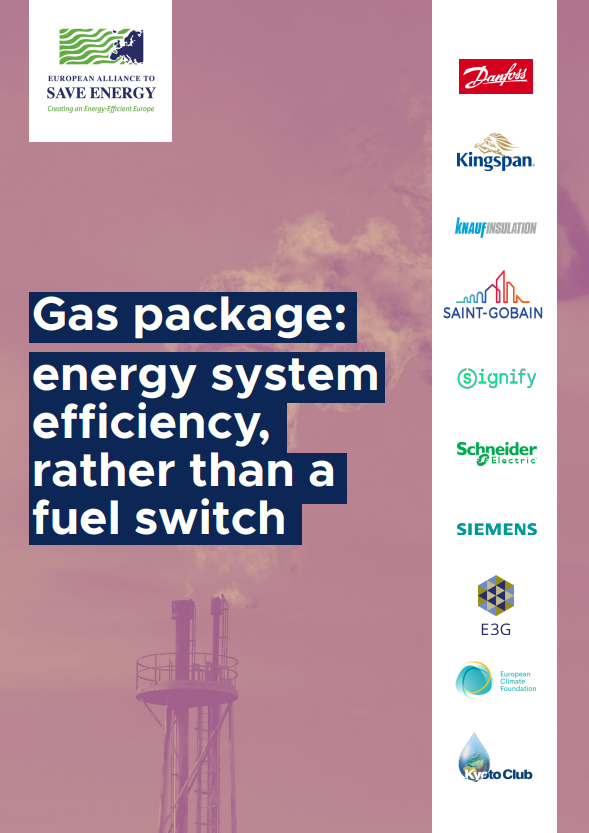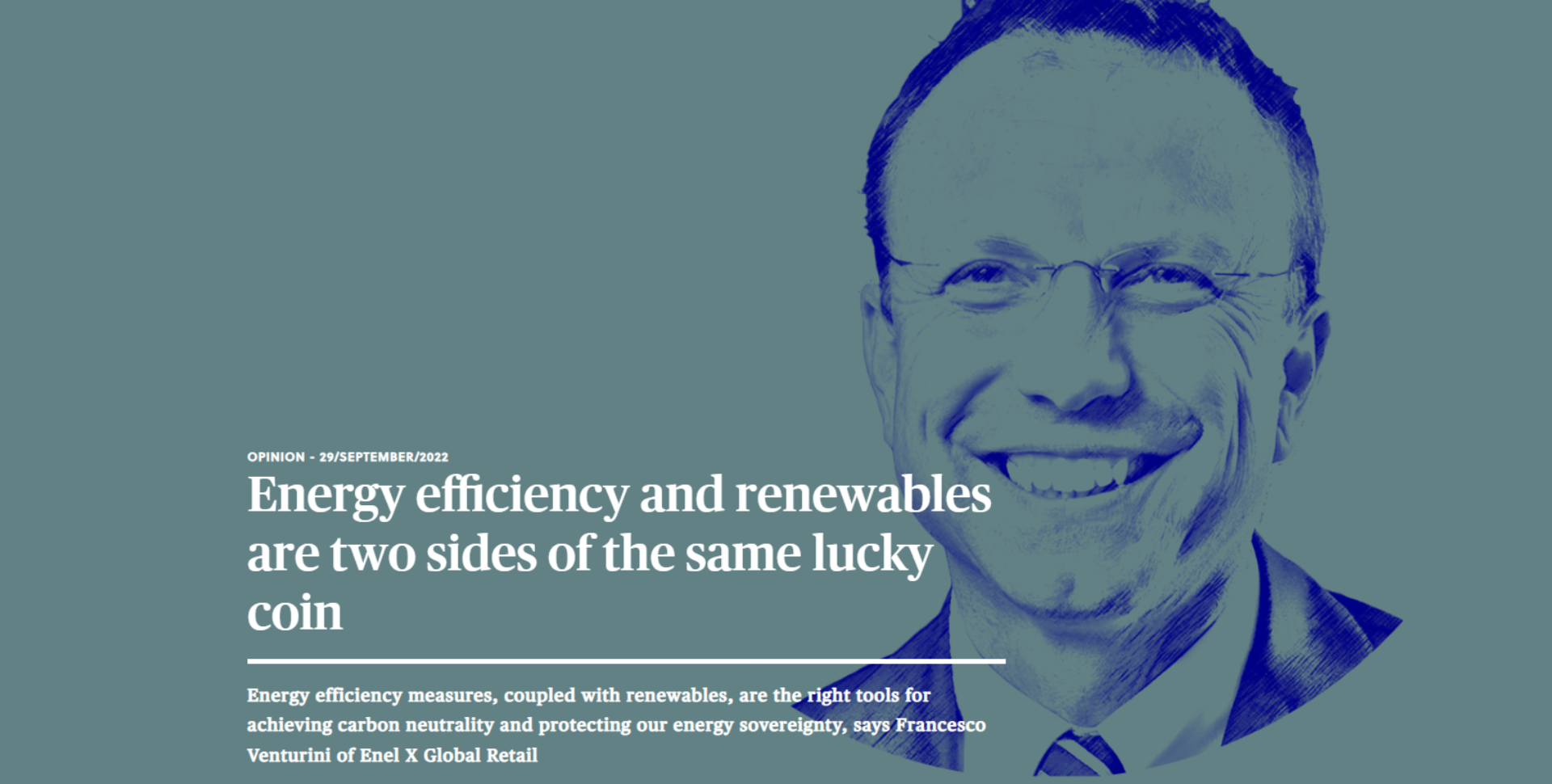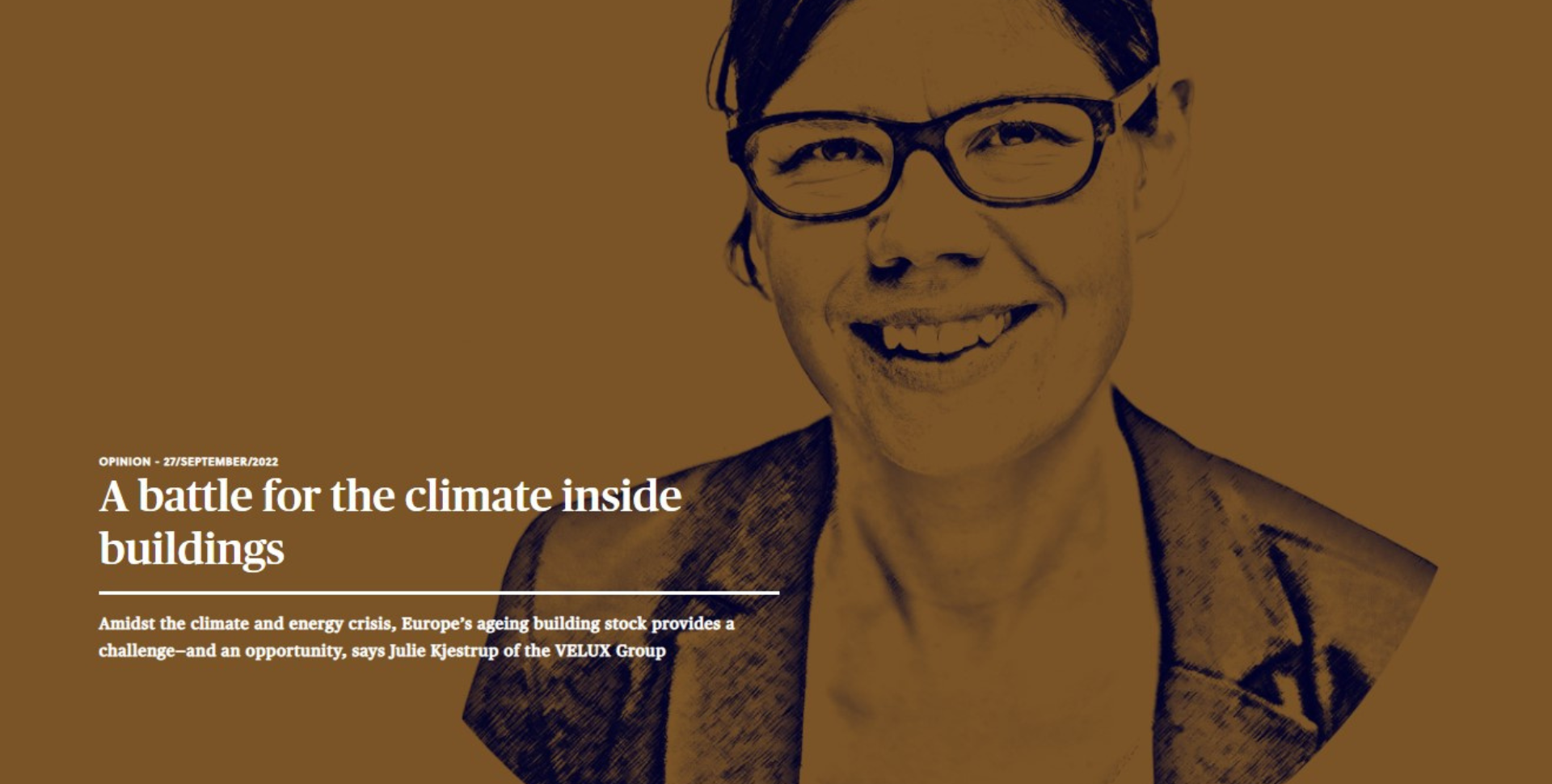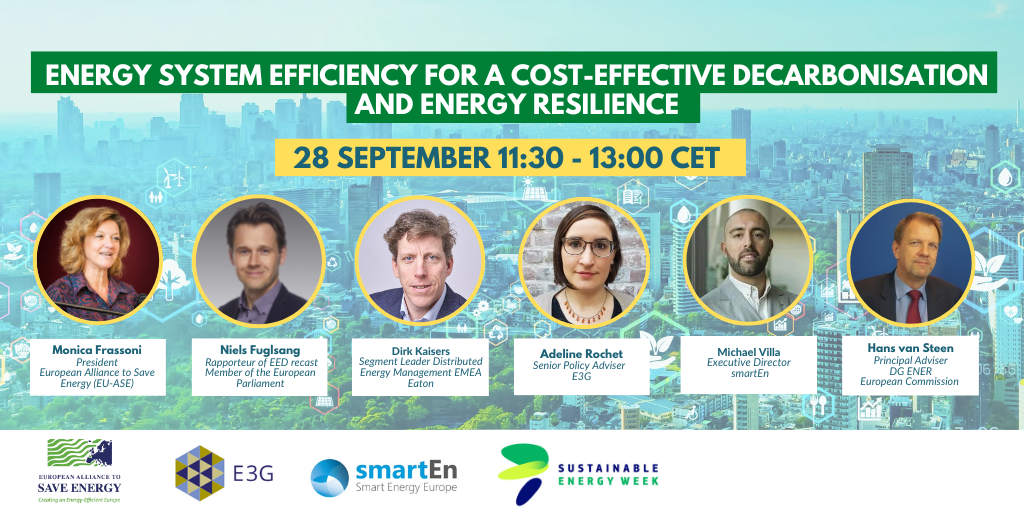Gas package: energy system efficiency, rather than a fuel switch
In December 2021, the European Commission issued two proposals, the Gas Directive 2009/73/EC and the Gas Regulation (EC) No 715/2009, laying down the foundation for a European low-carbon gas industry, the so-called “Gas Package”. The Commission’s approach should depart from this old paradigm and uphold the commitment to the Energy Efficiency First Principle (EE1st) to avoid possible stranded assets.
Although urgent action is needed, the proposal focuses exclusively on source diversification. It misses the opportunity to implement the Energy Efficiency First (EE1) principle at the system level and fails to consider the broad socio-economic benefits of energy efficiency and system efficiency.
In current times energy efficiency should be more of a priority than ever, which is being increasingly reflected in the EU’s response to rid Europe of Russian gas imports. The old paradigm needs to be updated accordingly.
The paper highlights gaps and suggests improvements pertaining the following axes:
1. Need for speed
2. Hydrogen for harder-to-abate sectors
3. Benefits of energy efficiency
4. Gas Package and Fit for 55
5. Infrastructure and governance: prioritize climate
6. Conclusion: go beyond 1-1 fuel switch and think energy efficient





